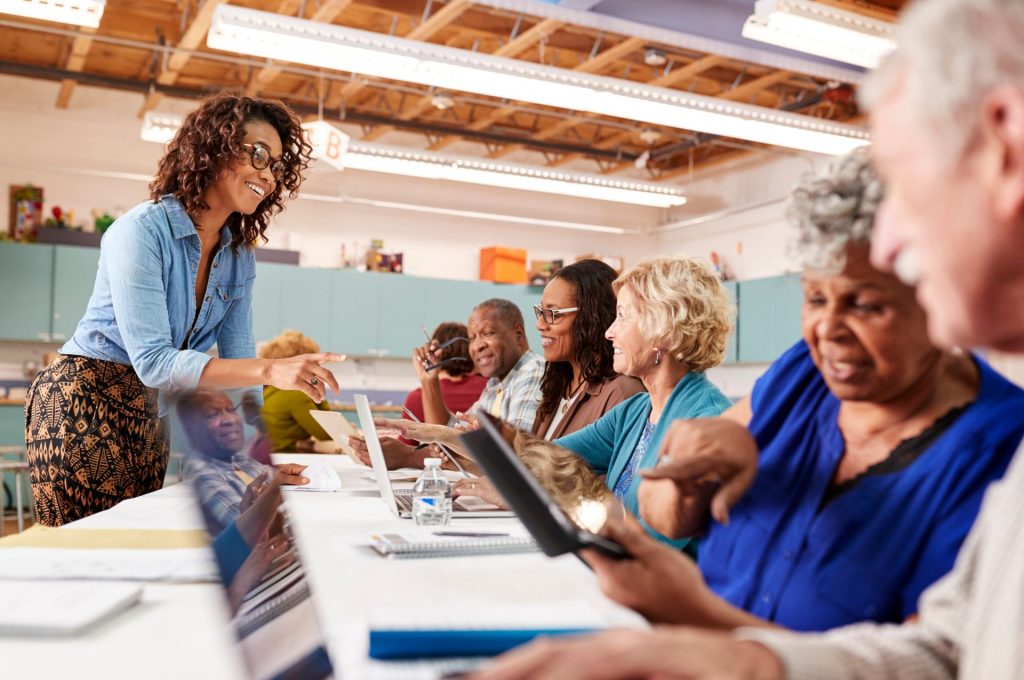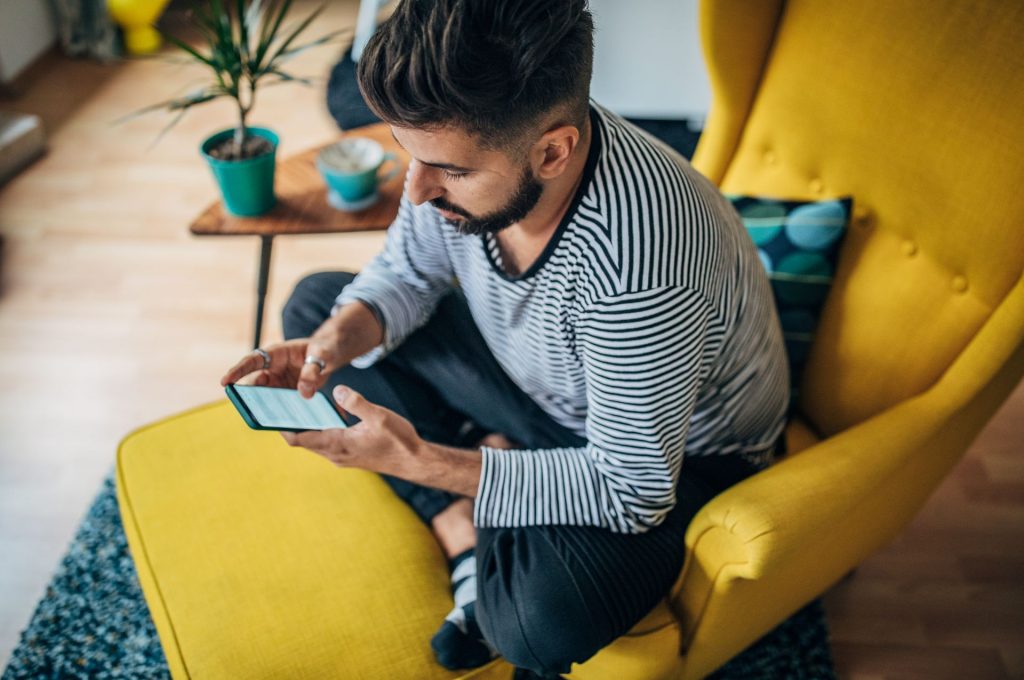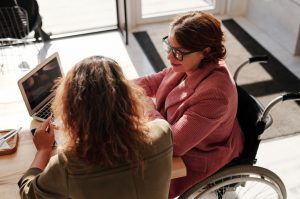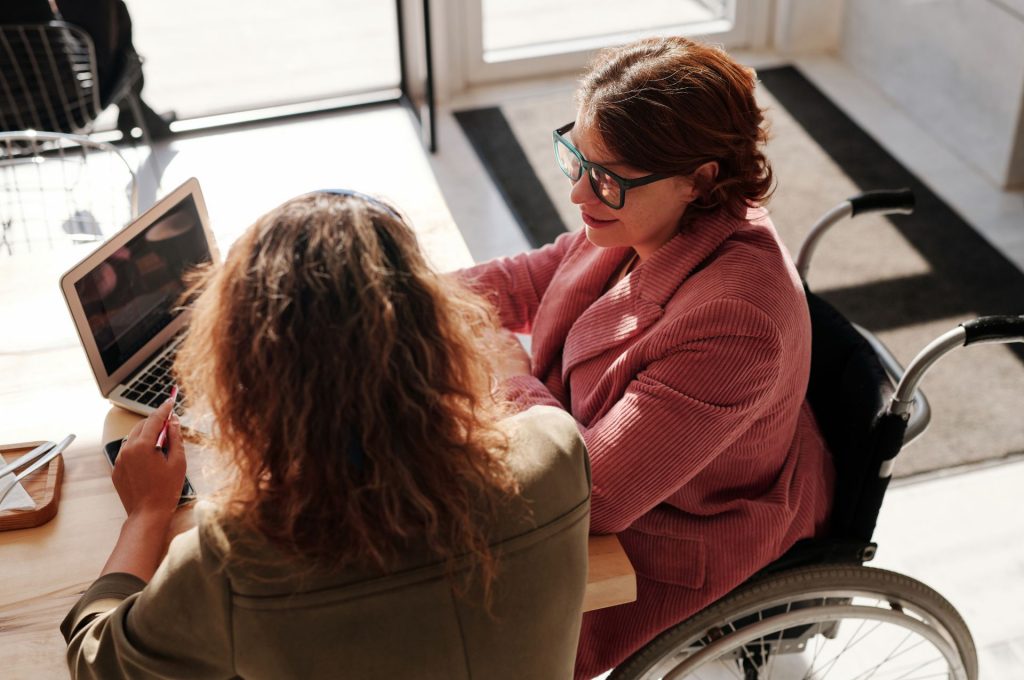Distribution
A good place to start is deciding who will be the end beneficiary of your devices.
- Do you already have access to those groups you want to target, and if not, how will you gain access?
- How will you ensure the devices get to your target group(s)?
Will you:
- distribute devices on a first-come, first-served basis?
- target those most in need by putting eligibility criteria in place and/or targeting specific groups/populations?
- If you decide to target a particular population/demographic then you will need to find out what their individual needs are.
- Make sure to provide clear information on who is eligible and what they can expect to receive.
- provide devices free of charge?
- sell devices at low cost?
- It may take some research to understand whether and how much your target recipients might be able to afford to pay for a device, and how you could offset costs if you are providing free devices.
- Consider your pricing strategy
- You could start by mapping the overall digital inclusion needs in your area. You could send out surveys or run focus groups in your community – perhaps through a partner.
- Good Things Foundation works with community partners in the National Digital Inclusion Network to distribute devices to those who need them the most.
Distributing devices in the wider community
- Consider what spaces/places are available to you in the community for distributing devices, for example libraries, schools, community halls.
- You might need to increase capacity/staffing for distributing refurbished devices if you’re not doing so via a partner.
- Assess what additional resources you would need to be able to distribute devices. E.g. transport, storage space, accessories (e.g., laptop bags, charging cables).
- Raise awareness of your reuse scheme – take advantage of groups in your community that reach a wide range of people (e.g., sports clubs, parent groups), and social media.
- Some of these options will incur extra costs.
Case study
#CovConnects (Coventry City Council)
Positive social impact drives #CovConnects.

Case study
#CovConnects (Coventry City Council)
Positive social impact is such an important driver for #CovConnects – and we understand that digital inclusion enables diverse positive outcomes for different people and communities.
The #CovConnects Device Bank isn’t just about providing the ‘tech’, it’s about supporting the people involved too. Our wider holistic person-centred approach ensures that our partners feel confident and able to increase the skills and confidence of their residents & communities. We run a training programme for our partners, in collaboration with Digital Unite, called Digital Champions as well.
Our people centric approach has included the creation of bespoke digital inclusion networks and unique training offers. Ranging from workshops for community partners around health to interactive sessions for young people around digital literacy these workshops cover the breadth of issues found in the city.

Case study
Deloitte’s Device Distribution Pathway
Connecting donated devices with those experiencing digital exclusion.

Case study
Deloitte
Deloitte’s device donation programme uses effective distribution pathways to connect donated devices with those experiencing digital exclusion. The programme’s success is driven by strategic partnerships, and a robust process. The structured approach ensures efficient resource allocation and maximises the programme’s positive social impact.
Decision tree and asset management:
Deloitte refreshes its devices every three years. Once a device is collected by their ITAD partner and assessed, a decision tree determines its next destination: redeployment within Deloitte or donation. Donated devices are added to Deloitte’s
dedicated ‘charity’ stock.
Beneficiary Selection:
Deloitte prioritises beneficiaries aligned with its strategic focus areas, using a multi-faceted approach:

- Schools and education: this key focus includes schools near Deloitte offices, nominations from Deloitte’s Governors network and employees, educational providers collaborating with Deloitte’s Early Careers team (school leaver recruitment), and young people attending Deloitte career insight days.
- Charities: Deloitte supports charities near its offices, has established partner charities, and welcomes employee nominations, extending the programme’s reach.
- Social Value delivery partners: Devices are provided to organisations enhancing digital skills training within Deloitte’s social value commitments for Government and Public Sector clients.
- Scale device donation distribution charities: partnerships with organisations like Good Things Foundation leverage their expertise to reach underserved communities more effectively.
Distribution Process with ITAD:
A streamlined, technology-driven process manages distribution:
- Centralised communication & tracking: a shared online platform and master tracker provide real-time visibility into each device’s journey, fostering transparency and efficient collaboration.
- Inventory management: weekly updates from ITAD on available devices allow Deloitte to manage requests effectively.
- Application & review: bi-weekly reviews of online applications ensure alignment with programme criteria. Approved requests are logged in the shared tracker.
- ITAD action & delivery: ITAD is directly notified, contacting recipients to schedule delivery, minimising delays.
- Real-time updates: the master tracker’s constant updates enable swift responses to queries and maintain transparency.
- Data privacy: the shared platform minimises email communication, reducing the risk of data breaches and enhancing privacy.
Case study
Supporting schools and charities: DVLA
Improving access to IT for all children and underrepresented groups.

Case study
DVLA
“DVLA’s Digital Inclusion scheme, launched in September 2021, donates IT equipment that is no longer needed by the organisation to schools and charitable organisations across Wales. The aim of the scheme is to improve access to IT for all children and underrepresented groups. Reusing DVLA’s IT equipment offers children and young adults in Wales increased opportunity to access the IT equipment they need to develop their digital skills and supports the circular economy in Wales.
“We are proud to be able to support the community in this way. The launch of the Digital Inclusion scheme also supports our ambition of contributing to a strong digital economy. In the last two years, we have donated more than 1,000 laptops. As well as schools in the region we have also donated laptops to charitable organisations who share our ambition to make digital more accessible to children and young adults. In the last year we have donated to Race Council Cymru, Matthew’s House and Interplay Swansea who have been able to pass on the devices to their communities.“
